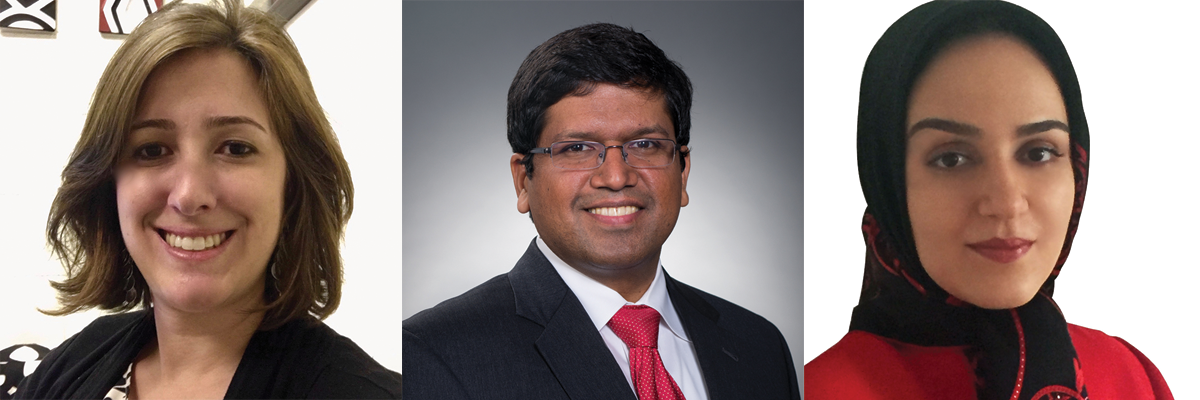
Scott Institute Seed Grants Support CMU Energy Projects in Eleventh Annual Round
By Cody Januszko
Media InquiriesThe Wilton E. Scott Institute for Energy Innovation’s Seed Grants for Energy Research program will support three research projects in the 2023 cycle. The projects, which will be led by faculty from five different departments across campus, focus on energy modeling and risk assessment, material design for carbon capture, and effects of hydrogen fuels on material properties.
The program, now in its eleventh annual year of funding, supports diverse energy research related to energy sources, production, efficiency, policy, impact, and education. Since inception in 2013, Scott Institute Seed Grants have supplied over $3.3 million in funding to over 73 research teams. The grants have led to faculty receiving over $17 million in follow-up external funding.
This year, 22 proposals were submitted and nearly $230,000 was awarded to three faculty projects. The awarded projects were chosen by a selection committee made up of Scott Institute faculty affiliates.
The 2023 seed funding winners are:
- Scott Institute Fellow and Arthur Hamerschlag Career Development Professor of Engineering and Public Policy Paulina Jaramillo was awarded seed grant funds for her project “Climate risk assessment for electricity transmission assets in the U.S.” The project seeks to evaluate the climate risks to transmission and transformer infrastructure in the U.S. up to 2050 under different climate scenarios. Co-PIs on the project include Hamish Gordon (Chemical Engineering), David Rounce (Civil and Environmental Engineering) and Peter Adams (Engineering and Public Policy).
- Faculty Affiliate and Russell V. Trader Career Development Associate Professor of Mechanical Engineering Rahul Panat will work alongside Burak Ozdoganlar (Mechanical Engineering) and Grigorios Panagakos (Chemical Engineering) on the project “Scalable fabrication of porous MOF scaffolds via freeze casting for efficient and low-cost carbon capture.” This project aims to demonstrate scalable and low-cost manufacture of porous metal-oxide-frameworks (MOFs) for CO2 capture and obtain the preliminary data to establish CO2 capture from the MOFs.
- Faculty Affiliate and Assistant Professor of Materials Science and Engineering Mohadeseh Taheri-Mousavi, working alongside P. Chris Pistorius (Materials Science and Engineering) and Marc De Graef (Materials Science and Engineering) will study H-embrittlement of high-strength structural alloys. The research should enhance our understanding of localized plasticity in pure alloys.
“This year we were particularly interested in soliciting ideas for projects exploring decarbonization and hydrogen technologies,” says Daniel Tkacik, executive director of the Scott Institute. “These three projects show the most potential to grow into larger projects and drive real impact on the transition towards decarbonization.”
Learn more about the Scott Institute’s Seed Grants for Energy Research Program.